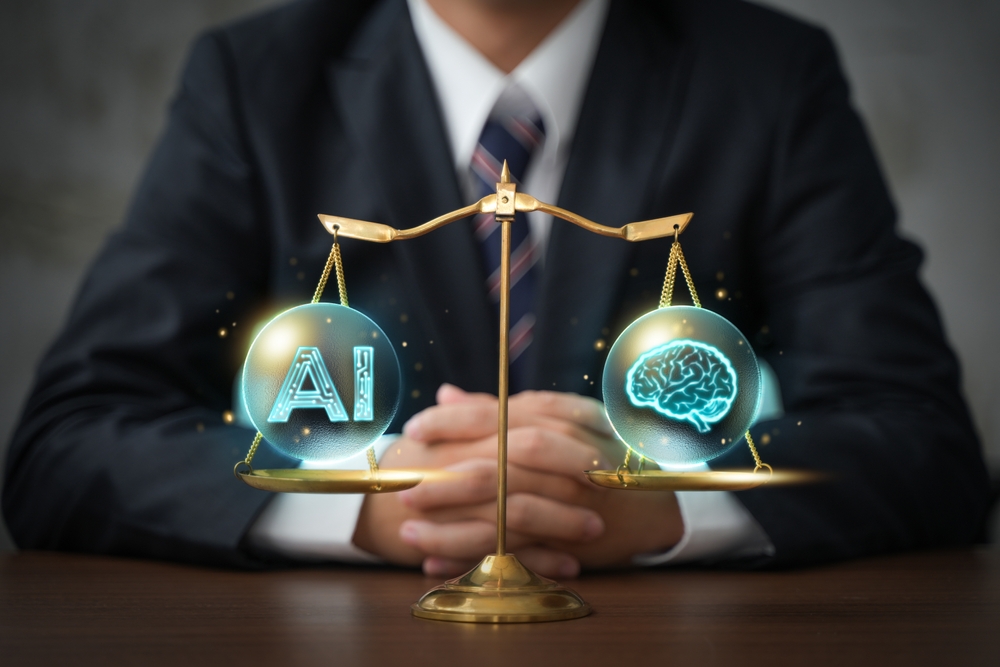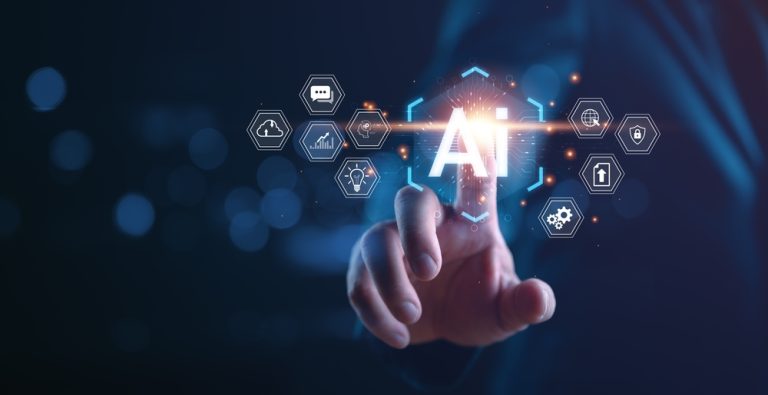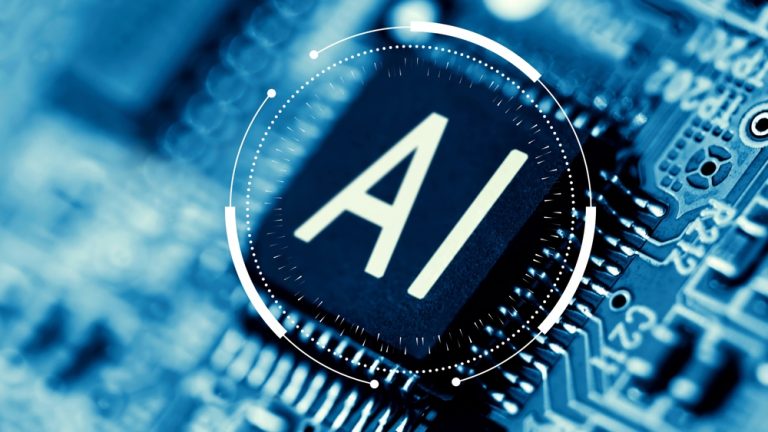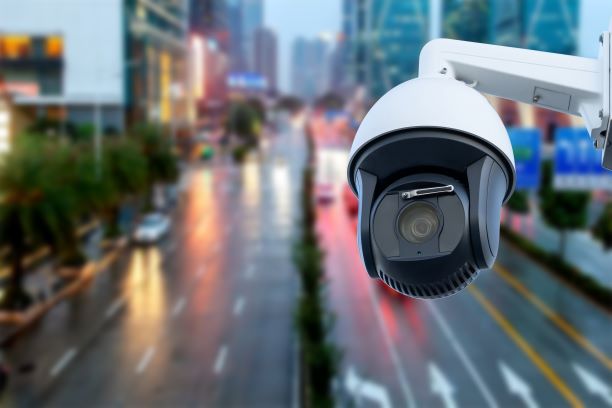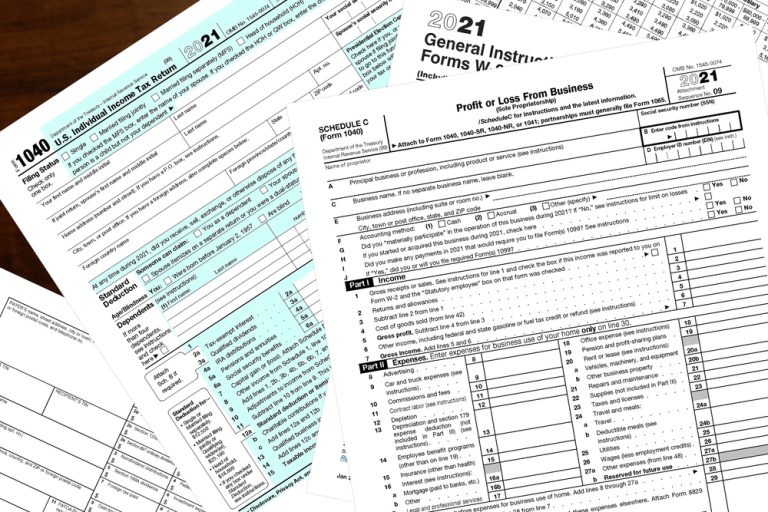Revolutionizing Legal Practice: How AI Is Reshaping Attorneys’ Work and Risks to Consider
Revolutionizing Legal Practice: How AI Is Reshaping Attorneys’ Work and Risks to Consider
In a world fraught with bias and discrimination, AI only exacerbates the issue—not to mention the ethical dilemmas and privacy and security issues it presents. This article will explore the legal community’s current use of AI and some significant dangers to avoid.
Rapid advancements in artificial intelligence (AI) such as the arrival of ChatGPT have generated a lot of chatter about the revolutionary effects it could have on many industries—and the legal profession is no exception.
There are many opportunities for law firms to use this technology to their benefit, including automating repetitive tasks and analyzing vast amounts of legal data, but with these advancements comes plenty of risk. In a world fraught with bias and discrimination, AI only exacerbates the issue—not to mention the ethical dilemmas and privacy and security issues it presents. This article will explore the legal community’s current use of AI and some significant dangers to avoid.
Effective Ways Attorneys Are Using AI Today
Contract Review and Analysis
One of the most effective uses of AI in the legal industry is in contract review and analysis. AI-powered contract analysis software can quickly and accurately review and extract essential information from large volumes of contracts. This technology can help legal professionals identify potential risks and opportunities within contracts, saving them time and reducing the risk of errors. What used to take legal professionals days—or even weeks—can now be synthesized into a few hours.
For example, service level agreements between a vendor of a particular product and its consumer. These agreements are often dozens of pages long, with intricate, nuanced language and cluttered with limitiations of liability, intellectual property rights, warranties, representations and force majeure clauses. Without AI, counsel would spend days reviewing every word of the agreement several times to locate the relevant sections to understand them, summarize them, and explain them to the sales department or leadership. With AI, it takes an hour, if not minutes. AI can parse through the agreement, highlight the various sections and language—even if hidden—and provide a summary for easy translation.
Predictive Analytics
AI is also used in predictive analytics, which involves data analysis to predict future outcomes. In the legal community, predictive analytics is used to forecast case outcomes, litigation outcomes, valuations, average billing rates, and even the average cost of a case for fixed-fee agreements. Both Thompson Reuters and LexisNexis, two companies leading the way in AI for the legal community, provide such analytics to their customers. Almost every attorney has heard this question, “should we settle or fight this one?” Before AI, an attorney would have to solely rely upon their past experiences and maybe those of others in their firm to answer that question. Now, with the help of AI, an attorney can rely upon the outcomes of thousands of similar cases across the nation to provide an answer based on more objective evidence. Predictive analytics can even tell you the likely success of a particular motion in front of a particular judge based upon how prior motions have faired in that jurisdiction or in front of that judge. Being able to determine the likelihood of success of a motion in a court has been possible for decades, if not centuries. But it was done by word of mouth and could take days, weeks, even months to determine. Now, with some data inputs and a search, that determination can be made in minutes.
E-Discovery
E-discovery involves identifying, collecting, and reviewing electronically stored information (ESI) for use as evidence in legal cases. AI-powered e-discovery tools can quickly sift through vast amounts of data to identify relevant information, reducing the time and cost involved in the discovery process. Imagine a construction defect case that typically involves thousands of documents. Every attorney understands the dread of completing document review. Spending hours, every day, parsing through thousands of documents and emails to determine what needs to be disclosed or to hopefully find that smoking gun. AI now makes that so much easier and faster. You can set parameters within an AI program and it will separate the documents that fit within those parameters so you can spend more time focusing on the important, relevant materials instead of hours determining what is not useful.
Sentencing
Similar to e-discovery, courts can use AI to sift through vast amounts of data to pinpoint relevant information to make sentencing decisions more efficient. AI algorithms can help judges decide on the appropriate sentence for criminal defendants by analyzing their criminal history, mitigating factors, historical sentencing data and other considerations with the aim of increasing fairness and consistency.
The arrival of ChatGPT is expected to have further benefits for attorneys and legal professionals, as it can analyze, summarize and extract key information from lengthy documents in a matter of seconds. ChatGPT and other large language models can also help with research by quickly sorting through vast amounts of data, and they can produce a first draft of various documents with the appropriate legal terminology and formatting. That said, oversight from a legal professional is still crucial for accuracy, strategic decision-making and interpreting legal nuances. Other risks include attorneys finding themselves in front of a judge facing sanctions and possible disciplinary action from the bar because they did not fully vet the information provided by AI.
The benefits are clear, but so are the risks associated with using AI in the legal industry. In a world fraught with bias and discrimination, AI only exacerbates the issue. Not to mention, the ethical, privacy and security concerns.
Risks Associated With Using AI
Bias and Discrimination
One significant danger of using AI in the legal field is the potential for bias and discrimination. AI systems are only as objective as the data used to train them. If that data is biased or discriminatory, the system will reflect that. Because a large amount of the data used, particularly for ChatGPT, is aggregated from social media and other unchecked sources, the amount of bias or even misinformation introduced into the system is of great concern. Biased systems can lead to unfair or discriminatory decisions, particularly in areas such as sentencing.
Legal Ethics
AI raises several ethical concerns in the legal field. For example, if an AI system is used to assist in drafting legal documents or contracts, attorneys must always ensure those documents comply with ethical and legal standards—and that the language model has not “hallucinated” by producing text that appears to be correct but is actually false. Additionally, some legal experts have raised concerns about using AI in certain areas of law, such as criminal law, where the stakes are highest and the potential for errors could be life changing.
For example, it would be risky to draft certain documents using solely AI because how does one determine who is responsible for errors? The company, the AI program, the developer? None of the above. It’s the attorney who is responsible for errors. Recently, a young New York attorney relied on ChatGPT to draft a brief and failed to verify that the brief was accurate. Unbeknowst to him, ChatGPT created and relied on entirely fake case law to prepare the brief. The brief was filed with the court along with the required signature attesting to the filings veracity. As was later discovered by the opposing party, some of the case law cited to in the brief was fake. Consequently, the court sanctioned the firm and the young attorney. With instances like this arising at the dawn of AI usage, will providers insure legal professionals against malpractice arising out of the use of AI?
Privacy and Security
Using AI in the legal field also raises significant privacy and security concerns. AI systems may process large amounts of personal data, such as court records and client information. If this data is not secured correctly, it could be vulnerable to hackers or other malicious actors. Notably, using AI to draft confidential work product risks breaching confidentiality guidelines and attorney-client privilege because of the way AI reads, stores, and synthesizes information. ChatGPT, and many AIs like it, regularly pull and release data from and to the open internet. For example, if ChatGPT is used to draft a confidential evaluation for a case that contains the attorney’s mental impressions, litigation strategies, and potential smoking guns, could that information get released to third-parties? In the case of ChatGPT, the answer is yes, but it does depend on which AI is used. Some word-generation software can exist within a closed server where it only downloads from the internet but does not upload or learn from what is added to it, like Claude AI. Attorneys using AI should carefully consider which versions they use and for what purposes.
Copyright
AI has caused an upheaval in copyright law. Even with the U.S. Copyright Office expressly stating that works solely created by AI are not copyrightable, dozens upon dozens of lawsuits have and are being filed to determine copyright interests in AI-generated works. There are many issues in this evolving litigation. The primary arguments are:
- AI is a tool, just like any camera, paintbrush or word processor. Thus, the copyright ownership should go to the master of that tool and not to the tool itself.
- AI is transformative in nature. Even if it pulls several pieces together to create something new, that compilation constitutes a transformative use and should allow for its own copyright protection.
- Allowing AI to engage in behavior that is tantamount to theft by simply grabbing works that are already copyright protected, tearing them into pieces, and splicing them back together is not transformative enough to constitute a new work. And even if it was, it would destroy industries such as art and music where AI can create something in seconds using what an artist took years to create.
As these cases make their way through the legal system, all eyes will be watching to see how this most recent technological revolution is addressed.
AI is a phenomenal tool that has already streamlined complicated tasks and allowed us to work more quickly and efficiently, just like so many advances in technology before it. It also continues to evolve and create even more opportunity for changing the way in which we work. But like all new tools, especially involving emerging technology, we must tread carefully to protect client interests and be aware of and avoid the risks. One way to do so is to have clear procedures and policies in place for when AI use is appropriate and when it is not. And, most importantly, AI use must be a supplement—not a replacement—of wise, human counsel.
Author’s Note: This article was both drafted and edited with the assistance of artificial intelligence. The firm does not use artificial intelligence to produce its work product aside from what is widely accepted in the legal community, such as WestLaw.
Reprinted with permission from the October 27, 2023 edition of Daily Business Review © 2023 ALM Media Properties, LLC. All rights reserved. Further duplication without permission is prohibited, contact 877-257-3382 or reprints@alm.com.
